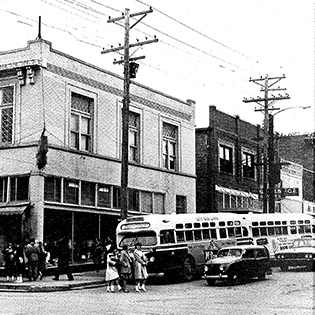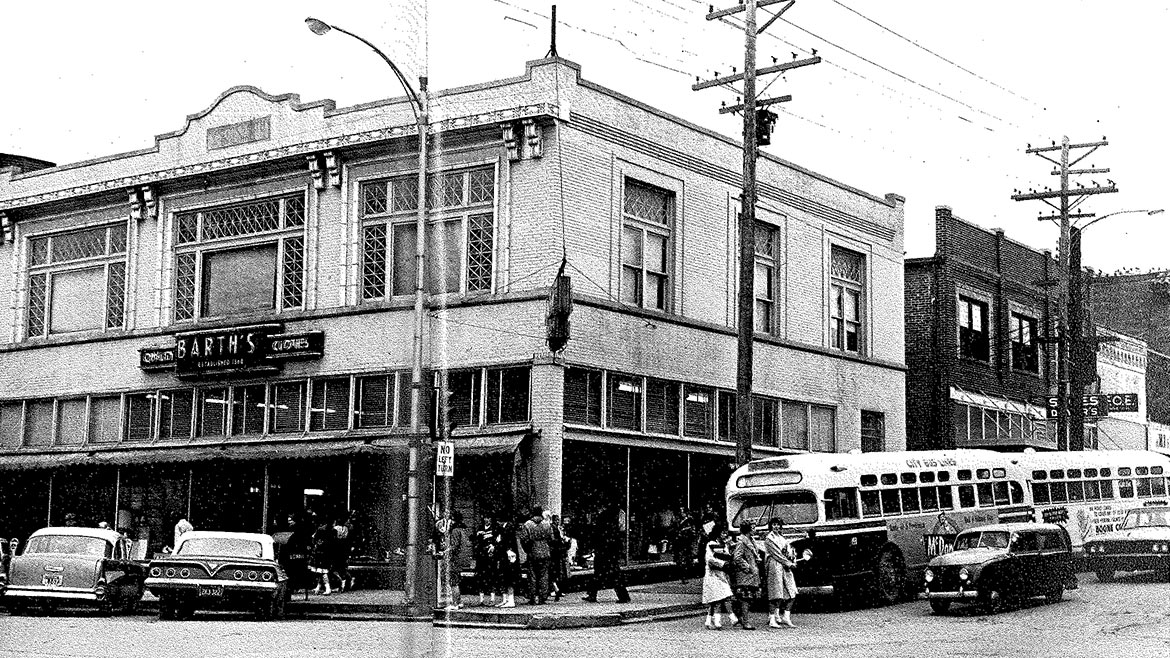Close It Down!


Given the dismal outlook for the future of Columbia’s 52-year old municipal transit operation, the time has come for the city to gracefully exit the bus business.
Uber? Lyft? Taxi vouchers? We’re open to any reasonable, less costly way to move people around (more on that later). But the municipal transit bleeding has to stop.
The late Glenn E. Watson operated his privately-funded City Bus Lines system beginning in 1939, but tiring of losses and other difficulties, he called it quits on February 7, 1965. After exhausting other options, the city council, on July 19, 1965, voted to establish the municipal transit system that began operation on September 20, 1965 using 10 buses leased from Bi-State of St. Louis.
Over the past half century, millions of dollars have been spent — some would say squandered — to keep this variously-named system in operation. It’s been subsidized by a cornucopia of funds both internal and external in nature. There have been federal grants. Other subsidies. New buses. (Are we now on Generation VXI?) Pilot projects. Alternative fuels. Electric buses. As for routes, let’s say (and we’ve lost count) that the city is about ready to adopt Version 101.7.
Municipal transit has become an embarrassment and waste of precious monetary assets at a time when Columbia is increasingly strapped for revenue. The sparse occupancy inside may be cleverly hidden behind advertisements slathered across these strapping vehicles, but we’re not fooled. Ridership is off. Let’s cashier this mess, give it a decent burial, and move on.
In its current state, Columbia public transit has the makings of a fool’s errand.
The city is too large, too spread out, and too sparsely populated per square mile to provide the patronage required to keep buses filled while operating with the frequency that would induce people to use the service in the first place.
People are lazy. They crave convenience, punctuality, personal comfort, and the room to carry their purchases and possessions.
They don’t want to walk, in many cases, blocks and blocks to the nearest bus stop, exposed to the elements (Shelters? Really?) while dealing with the vagaries of schedules and delays regardless of whatever electronic gadgetry is in place to tell them when the next bus is supposed to arrive.
But not everyone has a car, truck, bicycle, or the shank’s mare of an athlete to propel themselves to wherever they need to go. We know that.
There is a need. So here’s the plan.
Divert the funds the city spends to operate a fleet of sparsely occupied buses. Re-invest those funds to subsidize door-to-door transportation using privately-owned vehicles operating under the aegis of Uber, Lyft, and the growing fleet of taxi operators, recalling that the aforementioned Glenn E. Watson operated the Columbia Cab Company after he abandoned the bus business in 1965. The future of transit in Columbia will be a point-to-point, all-weather service not confined strictly to the city limits and tailored to individual needs for convenience, universally available to anyone.
Al Germond is the host of the Columbia Business Times Sunday Morning Roundtable at 8:15 a.m. Sundays on KFRU.


